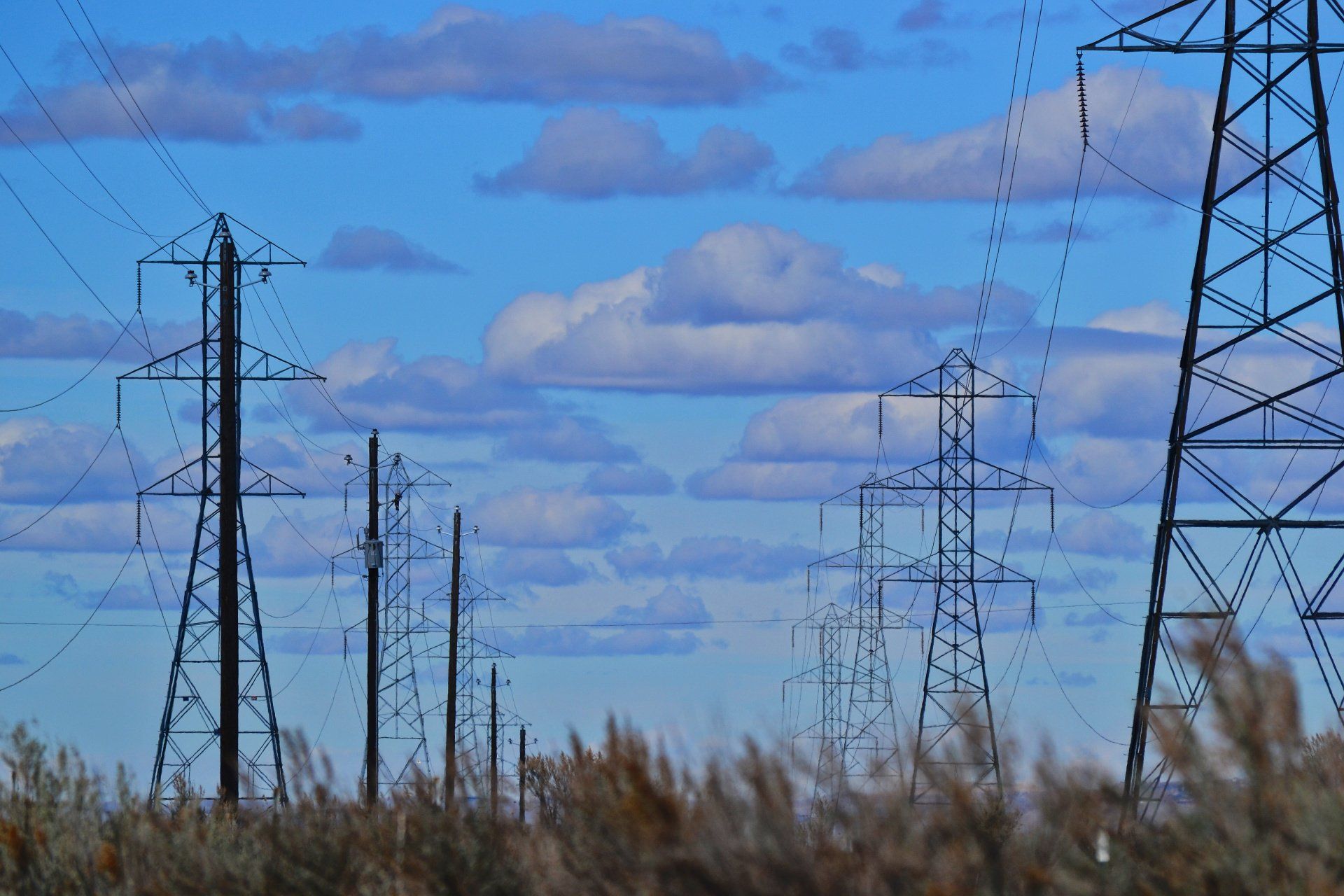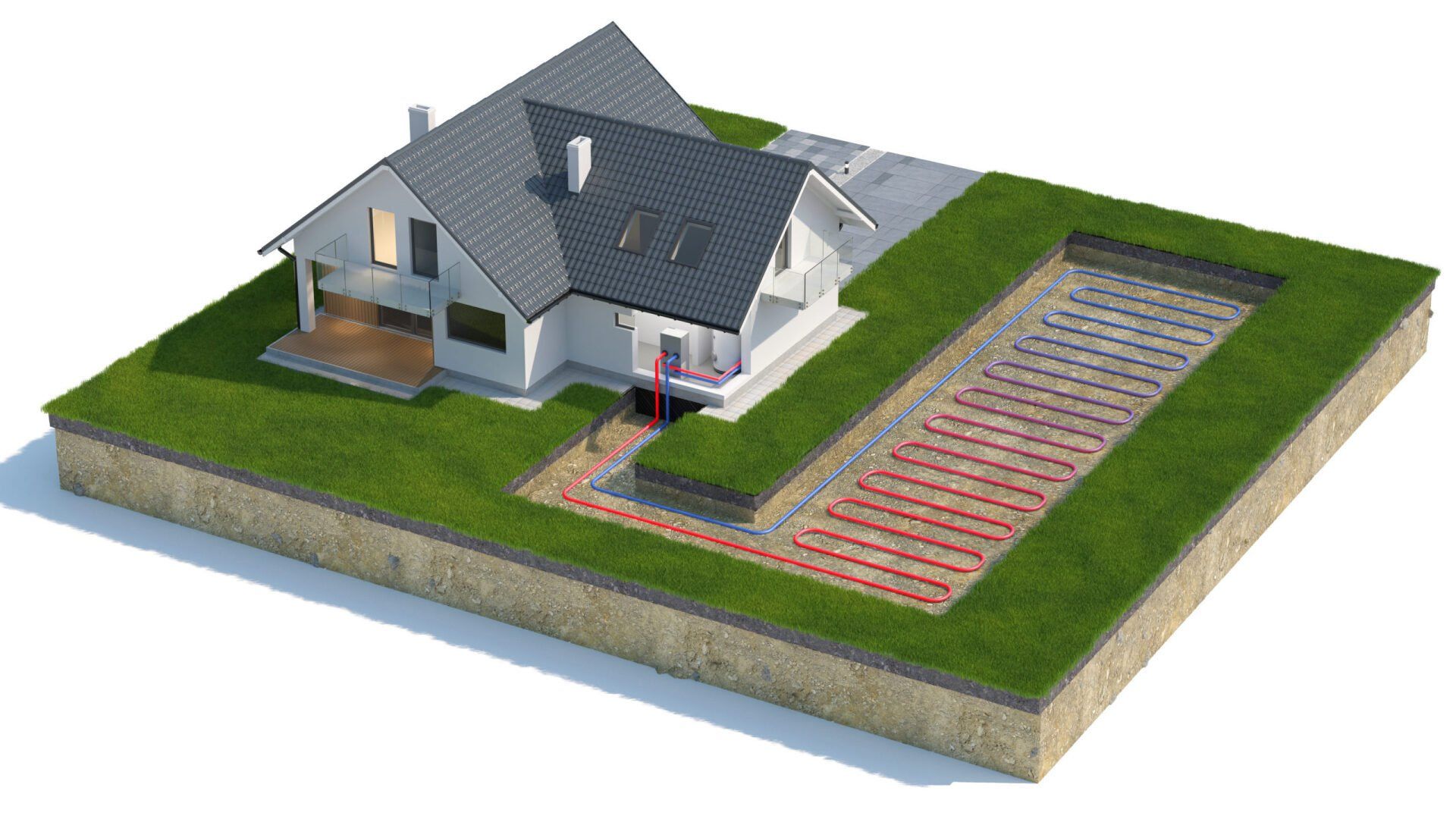Non-Domestic Energy Bill Relief Scheme Summary
26 September 2022
Our explanation of the UK Government's scheme to assist commercial energy bills
Based on government's scheme published 21 September 2022
(includes updates announced on 1 October 2022 and 10 October 2022)
The government has released further information on the Energy Bill Relief Scheme for businesses and other non-domestic customers. The scheme will support this sector by placing a cap on the price of wholesale energy costs.
What is "Wholesale Energy Cost"?
The price of wholesale energy is the price at which your energy supplier purchases the energy they provide you. Historically this formed around one third of your overall energy bill, since the energy crisis however, this has now increased in excess of two-thirds. Other non-wholesale costs vary from supplier to supplier.
What is the "Non-domestic Energy Bill Relief Scheme"?
In Summary:
- Introduction of a cap on wholesale energy costs for non-domestic sector, reducing bills by up to a third.
- 21.1 p/kWh cap for wholesale electricity.
- 7.5 p/kWh cap for wholesale gas.
- For comparison, wholesale costs (as described above) in England, Scotland and Wales for this winter are currently expected to be around: 60 p/kWh for electricity and 18 p/kWh for gas (UK Gov)
- Changes will apply to fixed contracts agreed on or after 1 December 2021 . Will also apply to deemed, variable and flexible tariffs and contracts.
- Scheme will last for 6 months, from 1st October 2022 to 31 March 2023.
- Following this, business areas deemed ‘vulnerable’ will be given continued support.
- Unclear as of yet which types of businesses these will be. There will be a review after 3 months.
- Will apply to all non-domestic organisations, including businesses, schools, hospitals, churches etc.
- Organisations do not need to contact suppliers, reductions will be automatically applied to bills from 1st October.
- Level of price reduction for each business will vary depending on contract type.
- Non-domestic customers on existing fixed contracts agreed on or after 1 December 2021 will be eligible provided their current wholesale price is above the government supported price. Customers entering new contracts after 1 October 2022 will receive the same support.
- Those on default, deemed or variable tariffs will receive a per unit discount up to a maximum of the difference between the government supported price and the average expected wholesale price over the period of the scheme. The maximum discount for those on a default or variable tariff contract, as updated on 1 October 2022, has been set at 34.5 p/kWh for electricity and 9.1 p/kWh for gas.
- For those on flexible purchase contracts, the level of reduction offered will be calculated by suppliers according to the specifics of that company’s contract and will also be subject to the maximum discount.
How you will get the reduction:
Existing fixed price contract:
If you agreed your fixed price contract / tariff on or after 1 December 2021 you will get support if the calculated wholesale element of the price you are paying is above the government supported price.
If your fixed tariff is based on wholesale prices below the government supported price, then you will not be eligible for support.
Your per unit energy costs will automatically be reduced by the relevant pence per Kilowatt Hour (p/kWh) for the duration of the scheme.
New fixed price contract:
The relevant price reduction will be automatically applied to your bill by your supplier.
Default or variable tariff contract:
If you are on a variable tariff, and want to remain on it, you will get the reduction, subject to the ‘maximum discount’.
The maximum discount will be calculated by comparing the government supported price with the average of expected wholesale prices for delivery across the 6 months of the scheme. The maximum discount, for those on a default or variable tariff contract, has been set at 34.5 p/kWh for electricity and 9.1 p/kWh for gas.
If wholesale prices rise above the combined government supported price and maximum discount, then your prices will increase. The government have introduced a floor price, set at the government supported price of 21.1 p/kWh for wholesale electricity and 7.5 p/kWh for wholesale gas, ensuring that customers are not paying below these supported price once the discounts has been applied.
Flexible Purchase contract:
If you’re on a flexible purchase contract, your price reduction will depend on the difference between your monthly weighted average baseload price (determined by your individual hedging approach) and the government supported price. In this case the maximum support available per unit of energy will also be limited by the maximum discount.
Fixed contract signed before 1 December 2021:
If you signed your fixed rate contract before on or after 1 December 2021, you would not have been exposed to the recent rises in wholesale prices, so you will not be eligible for support under the scheme.
Out of contract:
If you are out of contract and are waiting to see the details of government support, you should set up your contract as normal. Your supplier will automatically apply appropriate reductions to your energy price for the duration of the scheme.
Demonstrative examples based on examples provided by the UK Government:
Pub (Fixed Contract):
A pub uses 4,000 kWh of electricity and 16,000 kWh of gas a month. They signed a fixed contract in August 2022, giving them a current monthly energy bill of about £7,000. At the time they signed their contact, wholesale prices for the next 6 months were expected to be higher than the Government Supported Price of 21.1 p/kWh for electricity, and 7.5 p/kWh for gas, meaning they can receive support under this scheme. The difference between expected wholesale prices when they signed their contract and the Government Supported Price is worth 38 p/kWh for electricity and 10 p/kWh for gas, meaning they receive a discount of £3,120 per month, reducing their bill by 44.6%.
School (Fixed Contract):
A school uses 10,000 kWh of electricity and 22,000 kWh of gas a month. They signed a fixed contract in July 2022, giving them a current monthly energy bill of about £10,000. At the time they signed their contact, wholesale prices for the next 6 months were expected to be higher than the government supported price of 21.1 p/kWh for electricity, and 7.5 p/kWh for gas, meaning they can receive support under this scheme. The difference between expected wholesale prices when they signed their contract and the government supported price is worth 24 p/kWh for electricity and 7 p/kWh for gas, meaning they receive a discount of £3,940 per month, reducing their original bill by 39.4%.
Medium-sized manufacturing business (Fixed Contract):
A medium sized manufacturing business uses 200,000 kWh of electricity and 1,600,000 kWh of gas each month. They entered into a fixed contract in August 2022, giving them a current monthly energy bill of around £560,000. At the time they signed their contact, wholesale prices for the next 6 months were expected to be higher than the government supported price of 21.1 p/kWh for electricity, and 7.5 p/kWh for gas, meaning they can receive support under this scheme. The difference between expected wholesale prices when they signed their contract and the government supported price is worth 36 p/kWh for electricity and 90 p/kWh for gas, meaning they receive a discount of £216,000 per month, reducing their original bill by 38.6%.
Medium-sized restaurant (Variable Contract - Assuming maximum discount has been applied):
A medium sized restaurant uses around 35,000 kWh of electricity and 4,000 kWh of gas each month. They are on a variable contract, giving them a current monthly energy bill of around £3,900 per month. As they are on a variable contract they can receive support up to the Maximum Discount at 34.5 p/kWh for electricity and 9.1 p/kWh for gas. Applying the Maximum Discount rates means that their monthly energy bill reduces by 40.3% to £2,328.
Hospital (Fixed Contract):
A hospital uses around 2,000,000 kWh of electricity and 7,900,000 kWh of gas each month. They are on a fixed contract that they signed in June 2022, giving them a current monthly energy bill of about £1.7 million. At the time they signed their contact, wholesale prices for the next 6 months were expected to be higher than the government supported price of 21.1 p/kWh for electricity, and 7.5 p/kWh for gas, meaning they can receive support under this scheme. The difference between expected wholesale prices when they signed their contract and the government supported price is worth 7.6 p/kWh for electricity and 27 p/kWh for gas, meaning they receive a discount of £365,300 per month, reducing their original bill by 21.5%.
Small retail shop (Variable Contract - Assuming maximum discount has been applied):
A small retail shop uses around 1,000 kWh of electricity and 2,000 kWh of gas each month. They are on a variable contract, giving them a current monthly energy bill of around £1,300 per month. As they are on a variable contract they can receive support up to the Maximum Discount at 34.5 p/kWh for electricity and 9.1 p/kWh for gas. Applying the Maximum Discount rates means that their monthly energy bill reduces by 40.5%, leaving them with a bill of £773 per month.
If you need further information or support call PASCHALi on 0113 400 1101 or email us at info@paschali.co.uk
© PASCHALi Limited 2022 (Updated 18 October 2022)
If you would like to discuss the blog post above or find out how we can support your business, please contact us.
Share Our Blog Post










